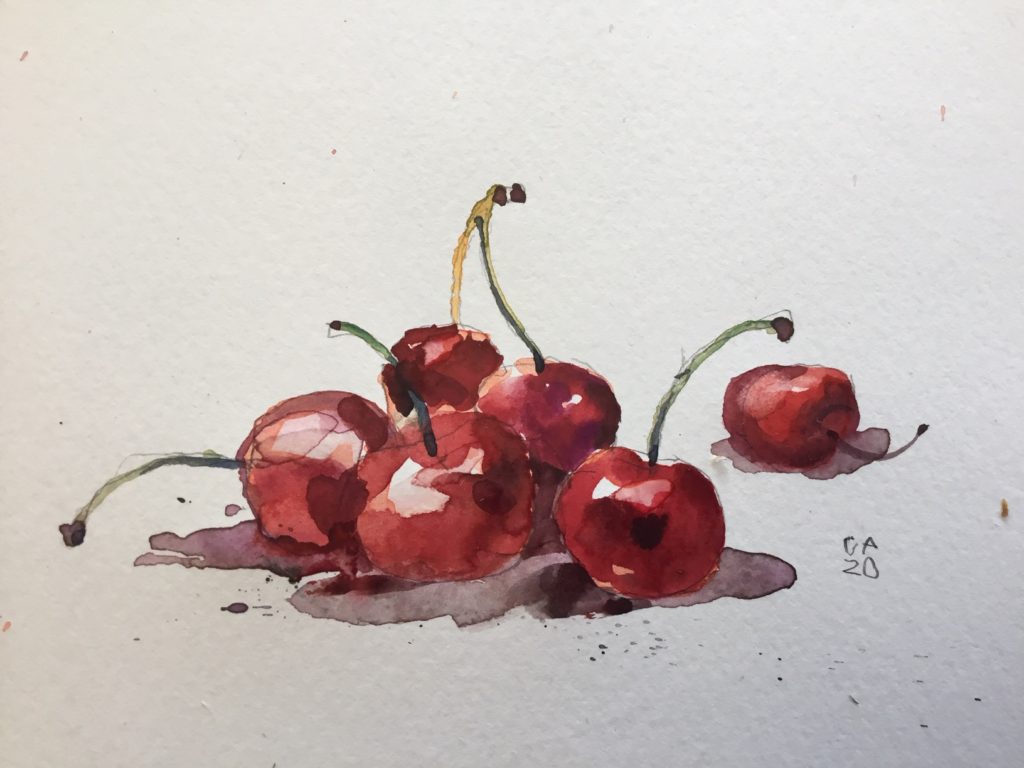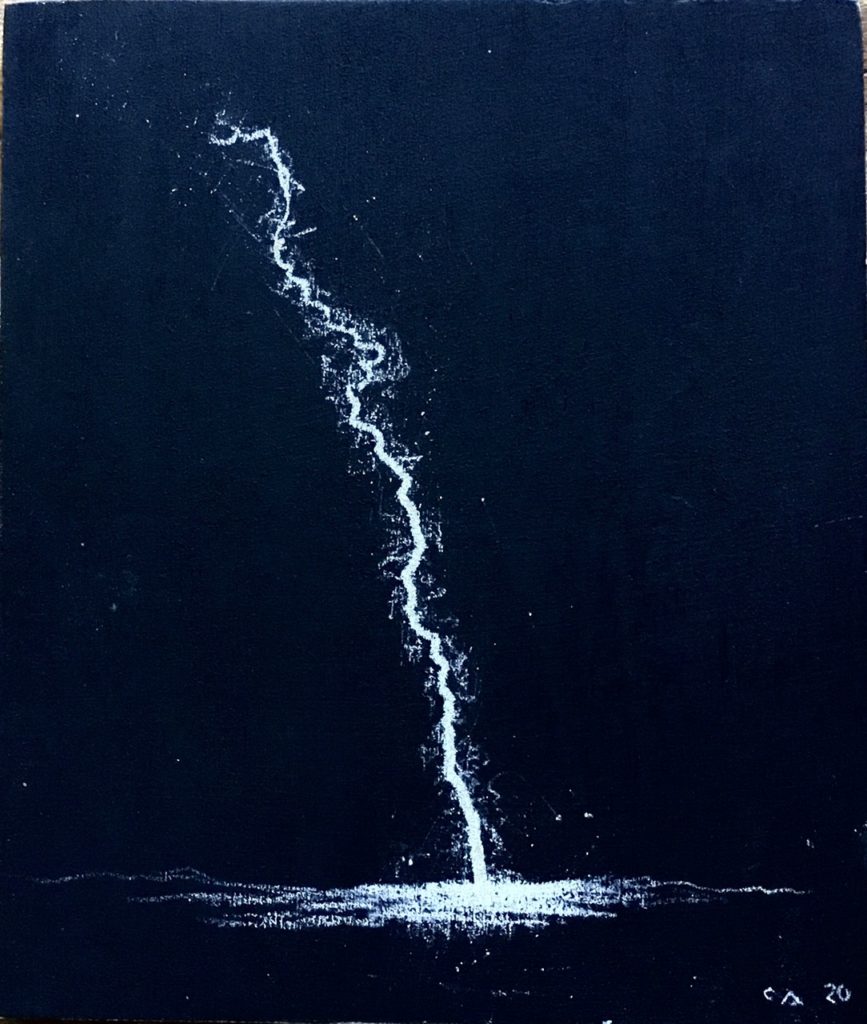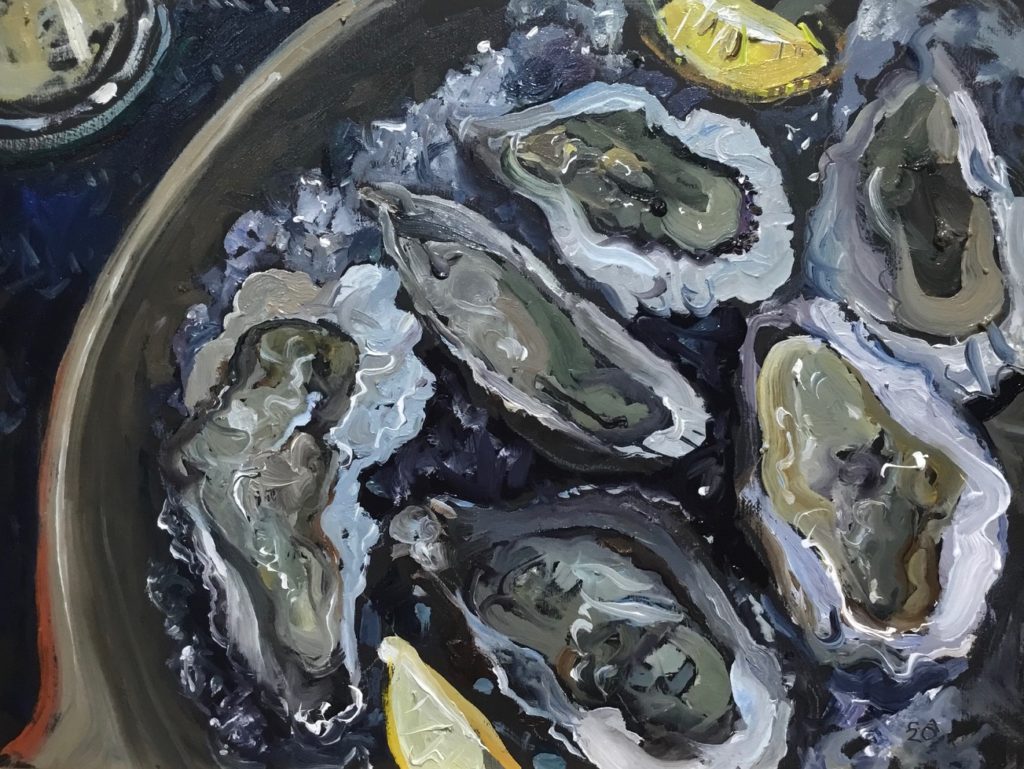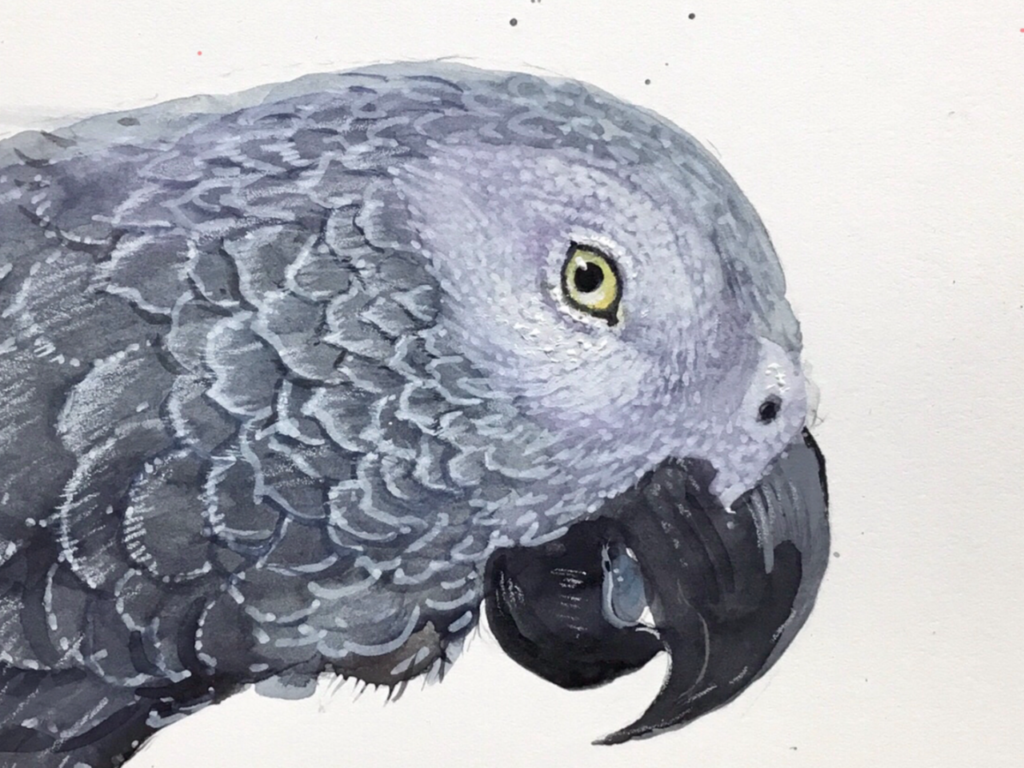Today would have been my father’s hundredth birthday, and I haven’t been able to get him out of my head. He was a sweet man, always encouraging, but often abstracted by problems from work he couldn’t seem to leave at the office. He spent most of his career as an industrial designer at Merz Tool in Portland, Oregon, where I grew up. My father led the product design team at Merz and generally seemed to enjoy his work, despite its spillage into his home life. But then he hit the wall with a project he’d been working on for the last years. I was in junior high school at the time and my father, approaching sixty, with an eye to early retirement.
He had designed the prototype for an aluminum shipping pallet, utilizing recycled aluminum, with implications for the company and worldwide shipping that were enormous. Five hundred million wooden pallets are manufactured every year and more than 90% of freight relies on them.
His aluminum pallet offered comparable strength and support to the wooden at a fraction of the weight. My father described his Alum Pallet ® as a win-win that would lower shipping costs as well as reduce Co2 emissions, save forests, and be fully recyclable. It was estimated at the time that more than 5% of wooden pallets end up in landfills. I was proud of my dad for being an early conservationist. In some ways, he was ahead of his time.
The lobbies of the lumber and pallet industries, which were particularly strong in the Pacific Northwest, erected the roadblock he encountered year after year. I didn’t understand how an industry could block the production of a product, till it was explained to me that that was the price of doing business. All these years later, aluminum pallets do exist, but the fact that they represent barely a blip on the world market testifies to the ongoing power of those lobbies.
My father had a favorite phrase: “The rich and powerful regard progress as a gilded spittoon, a gaudy receptacle for their spittle.” He liked to invent phrases that had a patina of majesty and sounded iconic. Sometimes they juggled mixed metaphors or dubious logic, but they always amused me. My father was a great reader and admirer of the English language but whenever he had to write an abstract for work it was clotted with complex sentences, parenthetical phrases that branched off like spreading vines. After complaints at work he began having my mother, a high school English teacher go over his pages. He wouldn’t let anybody at Merz, especially the professional writers, mess with his copy. My mother untangled the language, distilling it into lucid sentences, which to his mind lost all of his style.
One winter evening when it was dark at 6:00, I walked into the kitchen during my parents’ cocktail hour. They stood at the Formica counter, their usual spot. One of my father’s reports lay on the counter beside a jar of creamed herring. They each had their own forks and stabbed at the herring filets. My father drank a tumbler of Old Crow on a single rock, just like his father had, and my mother, a good fifteen years younger than him, nursed a whiskey sour. She had it in a stemmed glass that she held like a model, her prized pearl ring, set in a dimpled sheet of sterling silver, shining on her arched finger. My parents didn’t mind me being around during cocktail hour. I had the privilege, as the only child, to assume the role of the third adult at the bar. I cruised the counter and tore off a hunk of Larabaru French bread and grabbed butter from the fridge.
I had the privilege, as the only child,
to assume the role of the third adult at the bar.
“Gilbert,” my mother said, and plucked out another filet, “you’re tying yourself up in knots with this foolish idea that you can bring style to industrial writing.” I watched her drop the herring into her mouth. A drop of sour cream feathered across her upper lip and she blotted it with a napkin. “What this writing need, Gilbert, is clarity. If you want style, write a novel. Then you can compete with James Joyce in obfuscation.”
“But not in style,” my father said, his brown eyes fluttering in a brief shadow of remorse.
I chewed on my bread and, after I swallowed it, winked at my mother, “So on my next birthday I can start drinking whiskey. Right?” It was a joke I’d come up with when I was eight or nine that I kicked along like an old stone into my teens. My parents always played along.
“So what do you suppose you’ll fancy,” my father asked, “scotch or bourbon?”
“Bourbon, of course.”
“That’s my boy.”
The truth is I never took a liking to bourbon or whiskey of any kind. Pina has introduced me to cocktails and I’ll have one with her occasionally to be sociable. One of these nights I’m going to pull out a jar of creamed herring and hand her a fork.
The upshot of my father’s frustration with his job was his notion that he needed a hobby and, curiously, he came to me, his thirteen-year-old son, for advice. As a dedicated nerd, I’d been assembling model cars and airplanes out of kits from the time I was seven or eight, and by junior high, when I had two paper routes to fund the kits, I’d put together a clipper ship and a destroyer, as well as a life-size human torso, dedicated to the body’s musculature and digestive system. It consisted of 444 pieces. In some ways I was a little slow for my age. While my buddies were leering at girlie magazine at the drugstore in Goose Hollow, I was still hanging out at the hobby store.
My father lauded the meticulousness of my work. “Charlie, God, they say, is in the details. Even us nonbelievers can see their virtue.”
By the time my father approached me, I’d begun doing some woodworking; I figured that with a little skill I could build and even design my own cars and not have to follow somebody else’s directions.
So one Saturday he found me seated at the workbench in the basement. He appreciated the VW Bug I’d been carving out of a large block of basswood. I remember he particularly admired my work on the car’s doors, which actually opened and shut without a hitch.
“Charlie, you’ve taught yourself to be a master carver in no time at all. You are a very clever boy.”
I think his praise embarrassed me because I said, “No, no, they say that basswood is the most forgiving wood, and if I had any genuine talent I’d be carving a ’57 T Bird with the portholes, or a finny ’63 Fleetwood. A VW Bug is simple, like carving a cupcake.”
“Not at all,” he protested. “For a boy your age, I’d say you’re demonstrating
preternatural wisdom. Aren’t we living in the age of less–is-more? Point of fact: It was the German architect Mies van der Rohe who coined that phrase back in the forties. After he immigrated to America, he only required three things to be happy: martinis, Dunhill cigars, and expensive clothes. And closer to home, at Lewis and Clark we have William Stafford, who says he has no problem with writer’s block as long as he’s willing to keep his standards low enough. Once you get the basic form down you can add nuance.”
For a boy your age, I’d say you’re
demonstrating preternatural wisdom
My father could dazzle with an endless thread of cultural minutia.
“I have no worries about you, Charlie,” he continued, “you will always find your way. Now give me an idea of a suitable hobby for the likes of me. A man doesn’t want to die sitting in front of his television set.”
I knew my father to be a talented welder and woodworker but he said he wanted something removed from previous experience. I thought about things people did as hobbies. He clearly wasn’t the stamp or coin collector type. I couldn’t see him taking up golf or bowling. Photography might be an option. “How about writing a novel, dad?” I said, like I was onto something.
“Oh, I couldn’t do that.”
“You just need to keep your standards low enough,” I echoed. “Arrive at a basic form and then add nuance.”
After he retired, he took to novel writing. I never got to see anything he wrote at the time. Whenever I asked to see what he’d been writing he’d say, “Oh, no yet, not yet. An old man’s mind can become as tightly wound as a hairball, and I haven’t yet figured out how to effectively lower my standards.”
Sadly, my father died only a couple years after his retirement. In his will he made me his literary executor—talk about a dubious distinction—and left a six hundred-page manuscript, titled “The Miscalculation of Hector Rose, or The Aluminum Tree.” I’m ashamed to say that in the forty years since his death, I haven’t managed to get past page five. I see that as a rather large failure on my part, which I’m unable to explain.
My mother read the book a few years before she died, and said, “Well, yes, your father has style. But let’s keep the book in the family.”
My father died, by the way, just as he hoped not to, sitting in front of the television set, laughing so hard at an episode of “Mork and Mindy” that he fatally choked.
Fortunately, I was able to retire much earlier than he did, but also found myself casting around for the right hobby. I bought a sailboat, which I still keep in Sausalito, but I realized I couldn’t sail every day. I spent a few years building things that didn’t interest me. I think it was because those projects represented finite challenges like elaborate jigsaw puzzles not missing a single piece. I was reminded of my best buddy from Industrial Light and Magic, Herb Pivnick. “For a Jew,” he told me once, “perfection is unthinkable. To create something deemed perfect is to have built an idol.”
“For a Jew,” he told me once,
“perfection is unthinkable.
To create something deemed
perfect is to have built an idol.”
I spent a year or two trying to construct problems that were insoluble, but there was artifice in each of these enterprises that made me feel like I was operating in poor faith.
Finally, I discovered Roscoe, whose limits I will never reach. There is grace even for a nonbeliever, as my father might have said, in a hobby that leads me staggering into the unknown with a bird that can think. If nothing else, I believe my old man would be cheered by the parrot’s intellect, not to speak of his prowess with language. Happy 100th, dad.




